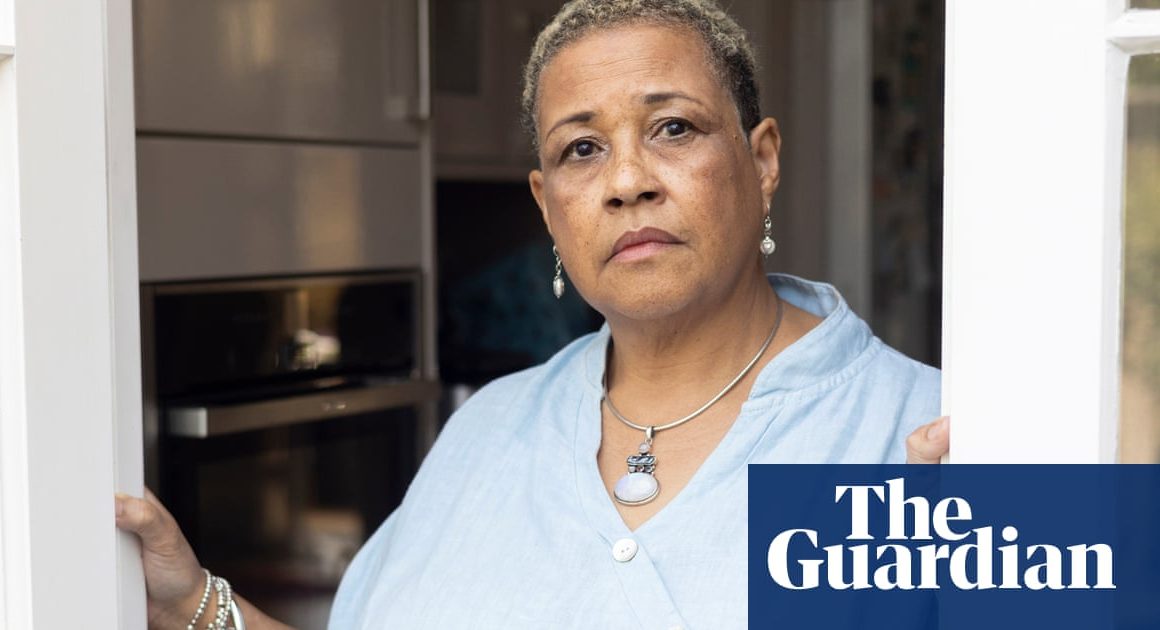Poverty is a political choice – one that Conservative governments have much to answer for. Since 2010, Tory administrations have chosen to have a significant percentage of our population impoverished, including, especially, our country’s children. The Child Poverty Action Group’s analysis of official data last week showed that a third of those between infancy and adulthood – 4.3 million children – were in relative poverty, up from 3.6 million in 2010-11. Even by the government’s preferred measure, absolute poverty, the share of children in penury rose in 2022-23 by its highest rate for 30 years.
No principle of economics says such a degree of immiseration should prevail in one of the richest countries in the world. The reason for this extraordinary rise in poverty? The most obvious explanation is the low level of benefits and the restrictions on accessing support. Benefit levels have fallen by 8.8% in real terms since 2012. Cutting back on welfare produces more poverty, not less. There is money. But not specifically for the poor. Ministers tout tax cuts worth £9 a week extra for the average worker, while about 3.7m people struggled to feed themselves last year.
The politics of welfare since the 1970s have largely seen the poor bearing the burden of an economic squeeze. Margaret Thatcher’s shift to the current economic model and a politics that saw welfare as part of the problem, not the solution, produced a transformative rise in poverty levels. The Joseph Rowntree Foundation says that since 1997 hardship has trended downwards under Labour – though not substantially enough to slash stubbornly high levels of deprivation in Britain – and upwards under the Tories.
Building a new consensus around welfare will be essential for Britain to reduce its harmful levels of inequality, increase national wellbeing and utilise unused labour resources. Conservative party politics currently determines what benefit levels ought to achieve or prevent. The stigmatising of claimants as “scroungers” living at taxpayers’ expense fuels hatred while failing to accept genuine struggle. The Tory welfare secretary’s jibe that many of those who are unemployed because of mental illness may be “convincing themselves” that they are sick to dodge work was such a vilification.
MPs on the work and pensions select committee noted last week that “while there is an objective that benefits should incentivise work, there is not an explicit objective as to how benefits will support claimants with daily living costs”. The thought that hardship plays a role in getting the poor to work must be weighed against the demoralisation and despair it causes. If the government does not meet such objectives, MPs said, then ministers should set out how they intend “to reach them alongside annual uprating, for example, by ratcheting up benefit levels”. Politicians have a social contract with voters. Holding them accountable for a failure to bring down poverty is a good idea.
Labour claims that it will embrace a new economic settlement to replace a failing one. Yet the party would keep the Tories’ controversial two-child benefit cap – which has been an engine of destitution in Britain. Labour’s poll lead ought to embolden the party to argue that the political consensus must change rather than just be managed. It is not enough to ask the rhetorical question: “How do people cope?” The answer is that they can’t. Britain needs a politics big enough to admit that – and do something about it beyond burying the knowledge in a war of words.











